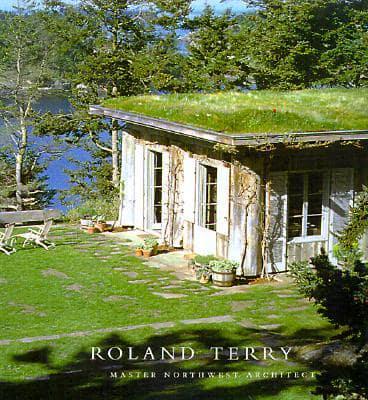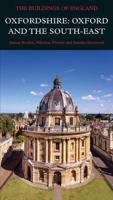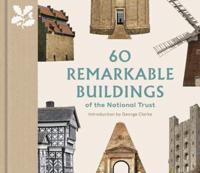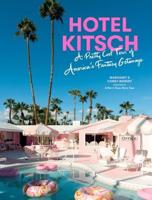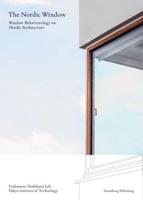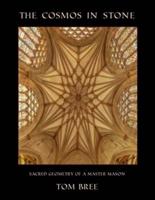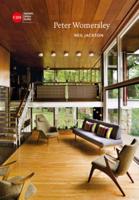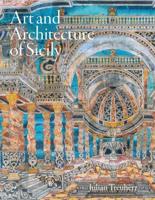Publisher's Synopsis
Every great architect offers an original vision, one that synthesizes and then transcends all that he or she has learned. Roland Terry's career follows that archetypal mode, yet Terry occupies a unique place in the Northwest architectural tradition. The elements that define his originality are subtle, a fusion of classic Northwest Modernist traditions leavened with a warm yet cosmopolitan sophistication, one that grew organically out of his education, his background in the thriving Seattle art and architecture communities of the 1930s, 1940s, and 1950s, and his experiences while traveling and living abroad.Poised between modern functionalism and rich traditionalism, Roland Terry's work embraces the best of old and new. His body of residential work in Seattle and elsewhere illuminates the subtle depth, power, and completeness of his design talents. He had a matchless skill at integrating his ideas with the needs of his clients, particularly with regard to interior design. As is evident in the book, these are houses made for the ages. Renowned glass artist Dale Chihuly wrote of Terry's work, "whenever I've visited a Roland Terry house it's been like visiting Matisse's chapel or Renoir's studio--one of those special days that you remember forever."This is not to suggest that Terry's commercial work pales in comparison. On the contrary: from the earliest incarnations of Seattle's Canlis Restaurant in the late 1940s through the myriad restaurants, shops, hotels, and offices designed in the 1950s, 1960s, and 1970s, Terry created a striking and original body of institutional buildings and interiors, including the original Nordstrom flagship store in downtown Seattle, the Half Moon Hotel in Montego Bay, Jamaica, the Kahala Hilton (now Mandarin Oriental) Hotel in Honolulu. A number of these groundbreaking commercial projects are included here to illustrate the remarkable diversity of architectural and decorative approaches that Terry and his partners and associates employed in creating comfortable, user-friendly public buildings. As is true with his residences, Terry never chased fads or trends in his commercial designs. Instead, he sought the timeless, essential, and complete response to the given design problem--and he did so with subtlety and style.During Roland Terry's long and eventful career, spanning more than half a century, it was his ability to see the whole picture, to envision a complete design embracing site, building, and interiors that remains unique to this day in the Northwest. Couple that singular talent with a rigorous attention to detail and a remarkable ability to integrate art into architecture--and you have an American original of the Northwest genre.
